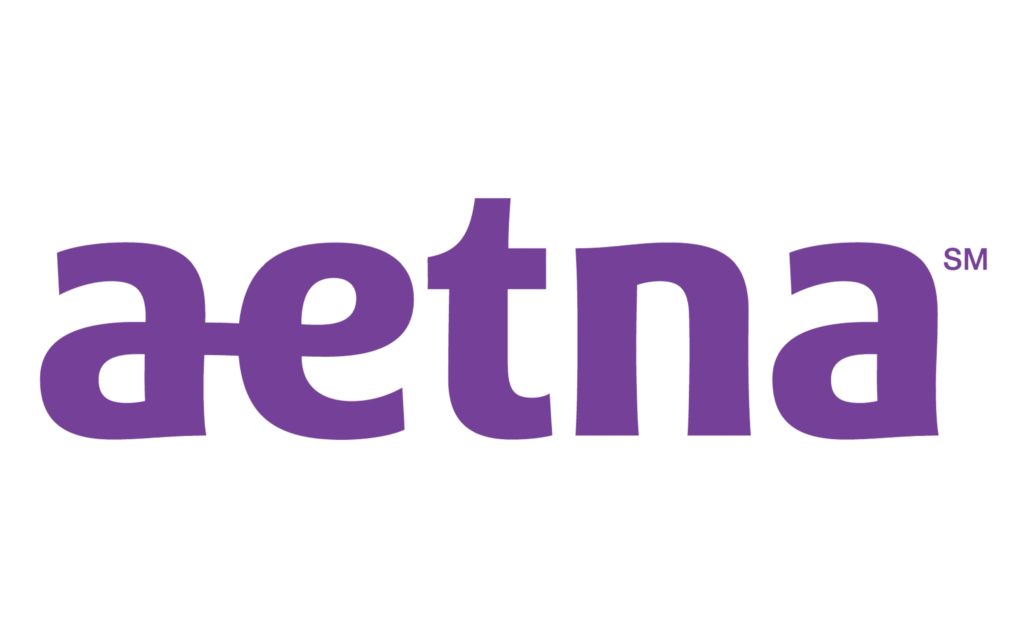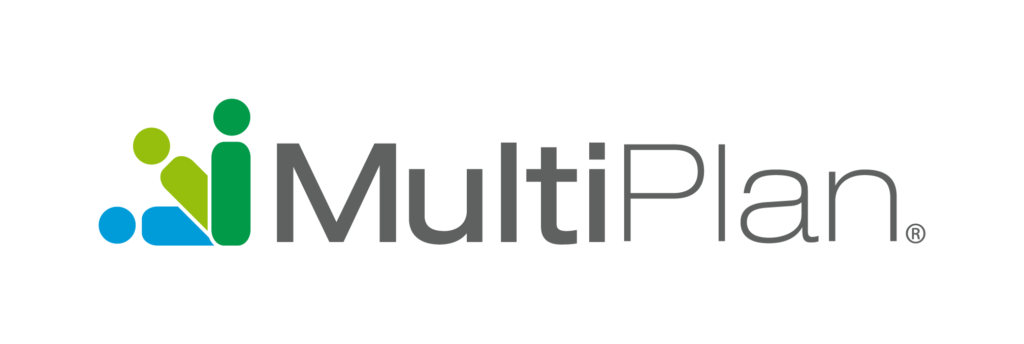Choosing Carolina Recovery Solutions in Asheville, NC
When seeking addiction treatment services for prescription drug abuse, choosing the right facility is crucial for a successful recovery journey. Carolina Recovery Solutions in Asheville, NC offers comprehensive addiction treatment services and specialized expertise in prescription drug abuse treatment.
Comprehensive Addiction Treatment Services
Carolina Recovery Solutions provides a comprehensive range of addiction treatment services to address the unique needs of individuals struggling with prescription drug abuse. Their holistic approach encompasses various modalities, including medication-assisted treatment (MAT), behavioral therapies, counseling, and support groups.
By offering a wide array of services, Carolina Recovery Solutions ensures that each person receives a personalized treatment plan tailored to their specific needs and goals. This comprehensive approach allows individuals to address the physical, emotional, and psychological aspects of their addiction, promoting a more sustainable and lasting recovery.
Expertise in Prescription Drug Abuse Treatment
Carolina Recovery Solutions has extensive expertise in the treatment of prescription drug abuse. With the growing problem of prescription drug abuse in the United States, it is crucial to seek help from professionals who have specific knowledge and experience in this area.
The team at Carolina Recovery Solutions understands the complexities of prescription drug abuse and the challenges faced by individuals struggling with this issue. They stay up-to-date with the latest research, evidence-based practices, and treatment protocols to provide the most effective and compassionate care.
By choosing Carolina Recovery Solutions, individuals can rest assured that they are receiving treatment from professionals who are well-versed in the complexities of prescription drug abuse and are dedicated to helping them achieve lasting recovery.
Seeking professional help for prescription drug abuse is essential for a safe and successful recovery journey. With their comprehensive addiction treatment services and expertise in prescription drug abuse treatment, Carolina Recovery Solutions in Asheville, NC is a reputable choice for individuals seeking effective and compassionate care.
Treatment Approaches for Prescription Drug Abuse
When it comes to addressing prescription drug abuse, a comprehensive treatment approach is essential. Treatment typically involves a combination of medication-assisted treatment (MAT) and behavioral therapies. Let’s delve deeper into these treatment approaches.
Medication-Assisted Treatment (MAT)
Medication-assisted treatment (MAT) is a widely recognized and effective approach for managing prescription drug addiction. It combines the use of medications with behavioral therapies, offering a holistic approach to recovery. MAT is particularly beneficial for individuals struggling with opioid use disorder, which is the most common form of prescription drug abuse.
Medications used in MAT for prescription drug addiction include:
- Methadone: Methadone is a synthetic opioid agonist that has been used successfully for over 40 years in the treatment of heroin addiction. It helps prevent withdrawal symptoms and relieve drug cravings, allowing individuals to focus on their recovery.
- Buprenorphine: Buprenorphine is a partial opioid agonist that can be prescribed by certified healthcare providers. It reduces cravings and is well tolerated by patients. The availability of implantable and injectable formulations of buprenorphine has improved treatment adherence.
- Naltrexone: Naltrexone is a competitive opioid antagonist that blocks the rewarding aspects of opioids. It can be taken orally or administered as a depot injection. Naltrexone has shown efficacy in reducing the frequency and intensity of drinking for individuals with alcohol dependence.
It’s important to note that medications used in MAT should always be prescribed and monitored by qualified healthcare professionals. These medications help manage withdrawal symptoms, reduce cravings, and stabilize individuals during their recovery journey.
Behavioral Therapies
In conjunction with medication-assisted treatment, behavioral therapies play a crucial role in addressing prescription drug abuse. Behavioral therapies aim to help individuals change unhealthy patterns of thinking and behavior associated with substance abuse. Some common behavioral therapies used in the treatment of prescription drug addiction include:
- Cognitive-Behavioral Therapy (CBT): CBT is a goal-oriented therapy that focuses on identifying and modifying negative thoughts and behaviors. It helps individuals develop healthier coping mechanisms and skills to manage cravings and triggers.
- Contingency Management (CM): CM is a reward-based therapy that reinforces positive behaviors and abstinence from drug use. It involves providing incentives, such as vouchers or privileges, to individuals who meet treatment goals, such as attending therapy sessions or passing drug tests.
These behavioral therapies are evidence-based and have shown effectiveness in reducing substance abuse behaviors. They provide individuals with the tools and support necessary to overcome prescription drug addiction.
By combining medication-assisted treatment with behavioral therapies, individuals receive comprehensive care that addresses both the physical and psychological aspects of prescription drug abuse. This integrated approach promotes long-term recovery and helps individuals regain control of their lives. Professional guidance and support are crucial throughout the treatment process to ensure safety and maximize the chances of a successful recovery.
Methadone Maintenance for Opioid Use Disorder
When it comes to treating opioid use disorder, methadone maintenance is a well-established and evidence-based approach. Methadone maintenance involves the substitution of methadone for other opioids, such as heroin, to reduce withdrawal symptoms and cravings. Methadone is a long-acting drug that can be administered orally and has a more gradual and sustained effect compared to other opioids.
Effectiveness of Methadone Maintenance
Methadone maintenance has been extensively studied, and there is strong evidence for its safety and effectiveness in reducing drug use and criminal activity. Clinical trials and natural experiments have consistently shown significant differences in drug use, criminal activity, and engagement in socially productive roles between individuals receiving methadone maintenance and those in control conditions (NCBI Bookshelf).
The primary goal of methadone maintenance is to reduce drug use and criminal behavior, with secondary goals of improving social productivity and psychological well-being. Studies have demonstrated the effectiveness of methadone maintenance in achieving these goals, leading to better outcomes for individuals with opioid use disorder.
Benefits and Considerations of Methadone Treatment
Methadone maintenance offers several benefits for individuals with opioid use disorder. Here are some key advantages:
- Reduced withdrawal symptoms and cravings: Methadone helps to alleviate withdrawal symptoms and cravings, making it easier for individuals to abstain from using illicit opioids.
- Stabilization of daily life: Methadone maintenance provides stability by reducing the need for constant drug-seeking behavior and allowing individuals to focus on other aspects of their lives, such as work, family, and personal growth.
- Improved physical and psychological well-being: By addressing the physical and psychological effects of opioid use disorder, methadone maintenance can lead to improved overall well-being and quality of life.
However, it’s important to note that the effectiveness of methadone maintenance can vary among individuals and programs. Factors such as client motivation, program compliance, and program characteristics can influence treatment outcomes. It’s also worth mentioning that some individuals may not respond well to methadone maintenance and may choose to pursue alternative treatment options. Each person’s journey to recovery is unique, and treatment plans should be tailored to individual needs and preferences.
At Carolina Recovery Solutions in Asheville, NC, we understand the complexities of opioid use disorder and offer personalized methadone maintenance programs. Our team of experts is committed to providing comprehensive addiction treatment services and supporting individuals on their path to recovery. If you or a loved one is seeking effective and evidence-based treatment for opioid use disorder, consider Carolina Recovery Solutions as your partner in the journey towards a healthier and more fulfilling life.
Other Medications for Prescription Drug Addiction
In addition to methadone, there are other medications available for the treatment of prescription drug addiction. Two commonly used medications are buprenorphine and naltrexone.
Buprenorphine as a Treatment Option
Buprenorphine is a partial opioid agonist that can be prescribed by certified physicians, nurse practitioners, and physician assistants. It helps reduce cravings and withdrawal symptoms associated with prescription drug addiction. Buprenorphine is well tolerated by patients and has been shown to be effective in promoting abstinence and reducing illicit opioid use.
One advantage of buprenorphine is its versatility in formulation. It is available in different forms, including oral tablets, dissolvable films, and long-acting implantable formulations. These options provide flexibility in treatment and improve medication adherence.
When considering buprenorphine as a treatment option, it is important to consult with a healthcare professional who is certified to prescribe it. They will evaluate your specific needs and develop an individualized treatment plan.
Naltrexone for Preventing Relapse
Naltrexone is a competitive opioid antagonist that blocks the rewarding effects of opioids and alcohol by occupying opioid receptors in the brain. It is an effective medication for preventing relapse in individuals with prescription drug addiction.
Naltrexone can be taken orally in pill form or administered as a depot injection. The injection offers the advantage of increased medication adherence as it provides a sustained release of the medication over an extended period. By reducing the rewarding aspects of opioids and alcohol, naltrexone helps individuals maintain abstinence and reduces the risk of relapse.
As with any medication, it is important to consult with a healthcare professional to determine if naltrexone is an appropriate treatment option for you. They will assess your medical history and tailor the treatment plan to meet your specific needs.
By utilizing medications like buprenorphine and naltrexone, Carolina Recovery Solutions in Asheville, NC provides evidence-based prescription drug addiction treatment options. These medications, when used in conjunction with comprehensive addiction treatment services and behavioral therapies, can greatly enhance the recovery journey. Seeking professional guidance and exploring these medication options can be an important step towards overcoming prescription drug addiction and achieving long-term recovery.
Additional Treatment Options
In addition to the comprehensive addiction treatment services offered at Carolina Recovery Solutions in Asheville, NC, there are several additional treatment options available for individuals seeking help with prescription drug abuse and other substance dependencies. These options include nicotine replacement therapies for smoking cessation and the use of disulfiram and naltrexone for alcohol dependence.
Nicotine Replacement Therapies for Smoking Cessation
Nicotine replacement therapies (NRT) are recommended as first-line treatments for smoking cessation. These therapies have been shown to increase quit rates by about 40% after 1 year. NRT formulations approved for use include the transdermal nicotine patch, nicotine gum, nicotine lozenge, nicotine vapor inhaler, and nicotine nasal spray.
Using NRT can help individuals manage nicotine withdrawal symptoms while gradually reducing their dependence on cigarettes. These therapies provide a controlled dose of nicotine without the harmful chemicals found in tobacco smoke. Combining NRT with behavioral therapies can further increase the chances of successfully quitting smoking.
Here are some commonly used nicotine replacement therapies:
| Nicotine Replacement Therapy | Description |
|---|---|
| Transdermal Nicotine Patch | Delivers a steady release of nicotine through the skin |
| Nicotine Gum | Chewing gum that releases nicotine when chewed |
| Nicotine Lozenge | Dissolves in the mouth, releasing nicotine |
| Nicotine Vapor Inhaler | Delivers nicotine through inhalation |
| Nicotine Nasal Spray | Administered as a nasal spray, providing quick nicotine relief |
Disulfiram and Naltrexone for Alcohol Dependence
For individuals struggling with alcohol dependence, disulfiram (Antabuse) and naltrexone are two commonly used medications to support recovery.
Disulfiram works by inhibiting aldehyde dehydrogenase, an enzyme that breaks down alcohol. When alcohol is consumed while taking disulfiram, an aversive reaction occurs due to the buildup of acetaldehyde, discouraging further drinking. Disulfiram is typically used to help patients achieve an initial period of abstinence in the treatment of alcohol dependence (PMC).
Naltrexone, on the other hand, is a competitive opioid antagonist that blocks the rewarding aspects of drinking by occupying opioid receptors in the brain. It has been shown to reduce the frequency and intensity of drinking, decrease the risk of relapse to heavy drinking, and increase the percentage of days abstinent. Naltrexone can be taken orally or as a depot injection, which improves medication adherence.
These medications, when used in conjunction with other evidence-based treatments and therapies, can play a significant role in supporting individuals on their journey towards recovery from alcohol dependence.
By offering a range of treatment options, including nicotine replacement therapies for smoking cessation and medications like disulfiram and naltrexone for alcohol dependence, Carolina Recovery Solutions aims to provide comprehensive and individualized care to help individuals overcome their substance dependencies and achieve long-term recovery.







